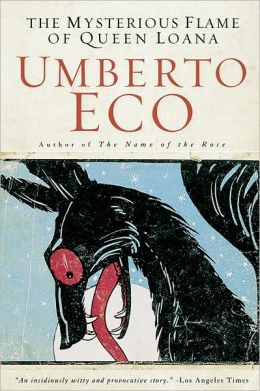 |
| Image courtesy of mcnealbooks.com |
Tom McNeal
2013
The Summary
"What follows is the strange and fateful tale of a boy, a girl, and a ghost. The boy possessed uncommon qualities, the girl was winsome and daring, and the ancient ghost...well, let it only be said that his intentions were good."
Far Far Away begins with the story of Jeremy Johnson Johnson and Ginger Boultinghouse, as told by their ghostly friend, Jacob Grimm - as in the other half of the Brothers Grimm - while they navigate life in the tiny town of Never Better and steer clear of the Finder of Occasions.
The Good
Far Far Away is a unique and exceptional story. Filled with wonderful characters - endearing characters who will win you over with their eccentric personalities and human compassion - and brimming with one enchanting and amazing fairy-tale of a story, Tom McNeal's book is, in one word, fantastic.
In particular, I loved how Jacob Grimm served as the narrator. He's not omniscient, so he cannot keep track of everything going on, but he can observe so much in the small village of Never Better and, more importantly, offer commentary.
He's precise and descriptive, but his narration is also laced with a thread of emotion. You'll find yourself enjoying his digressions as he recounts scenes from his past, both his regrets and his accomplishments; however, it's even more satisfying to read about his growing relationship with Jeremy as he not only helps the boy navigate his scholarship but protects him from the diabolical Finder of Occasions.
The Bad
The waiting is the worst part: waiting to see what happens with the Finder of Occasions, waiting to find out what has happened to the missing children of Never Better, and waiting as Jacob seeks his brother and, more importantly, his time to leave.
The Ugly
Although McNeal's novel starts out with very little information on the Finder of Occasions - he's more like a vague idea, an evil and faceless villain lurking at the edge of a story - readers gradually learn about his existence and, more importantly, his activities.
The Finder of Occasions is not who you might expect - and the twist will be utterly heart-wrenching as Jacob and Jeremy both endure what the Finder of Occasions has in store for them.


